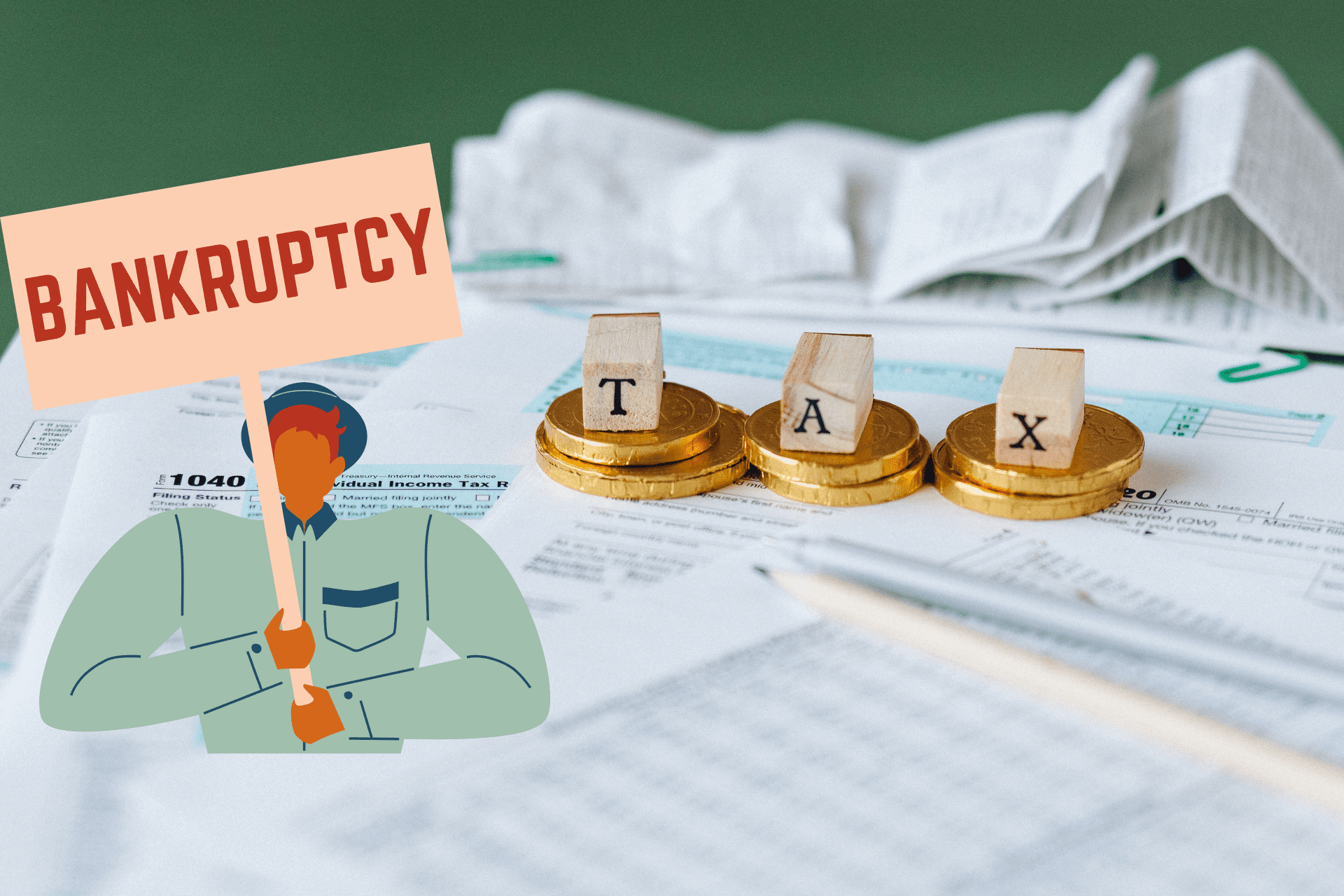
Generally, taxes cannot be discharged (eliminated) in a bankruptcy. However, personal income taxes (as opposed to corporate tax, sales tax, payroll tax, etc., can be discharged if:
First. The date the tax return was due to be filed is more than 3 years before the bankruptcy is filed. 11 U.S. Code Sec. 507(8)(A). The 3 year period starts when the return was due. For example, the 2017 return was due on April 15, 2018. Thus, the tax could be dischargeable by April 16, 2021.
Second. The tax return was filed at least 2 years before the bankruptcy is filed.
Third. There was an assessment made by the taxing agency (a statement that the taxes were owed), at least 240 days prior to the bankruptcy filing, and
Fourth. The tax return is not fraudulent.
[See 11 U.S. Code Sections 523(a)(1)(B) and 507(8)(A)].
When taxes cannot be discharged, there may still be benefits to handling taxes through a bankruptcy.
A bankruptcy filing will start the “automatic stay,” under which the taxing agency cannot use legal procedures to collect from the debtor. This could be beneficial if the taxing agency is threatening to seize bank accounts or business equipment and won’t take a payment plan.
Also, in a Chapter 13 or a Chapter 11, the debtor can force the taxing agency to take a payment plan without additional interest or penalties being added. With all of the payment going to principal rather than interest, the savings could be substantial.
